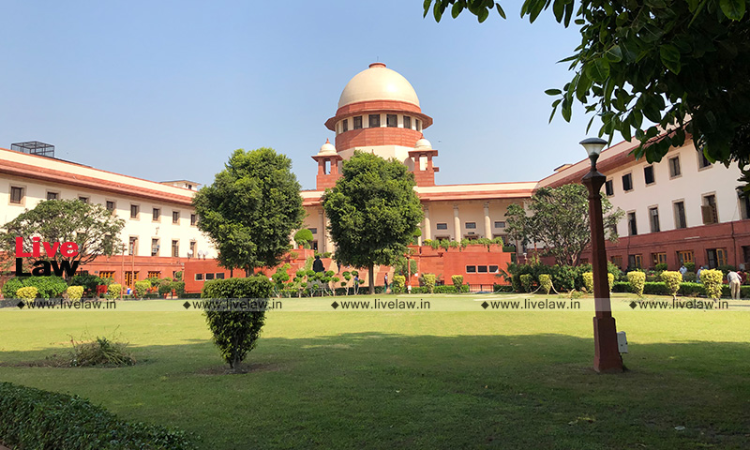Special Court Can Conduct Joint Trial Of MMDR Offences With IPC Offences : Supreme Court
LIVELAW NEWS NETWORK
1 Dec 2021 9:13 PM IST

Next Story
1 Dec 2021 9:13 PM IST
The Supreme Court has held that a Special Court under the Mines and Minerals (Development and Regulation) Act can conduct joint trial of the offences under the MMDR Act along with the offences under the Indian Penal Code as per Section 220 of the Code of Criminal Procedure.Section 220 CrPC specifies the situations where joint trial of offences are possible. The Court noted, on a combined...
